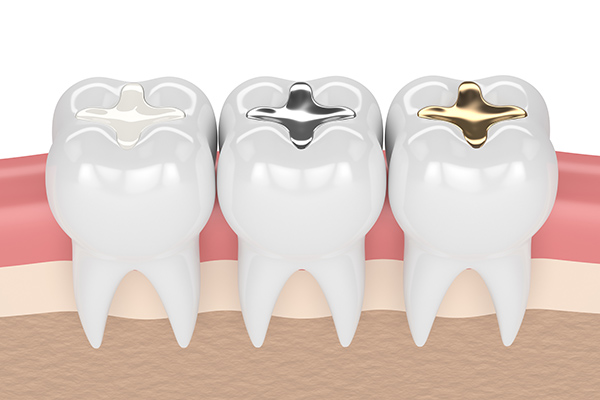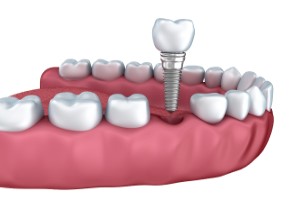 Your general dentist may have informed you that you need a dental filling. If you have never gotten a filling before, or if it has been a long time, you might have questions about how the process works. Your dentist may also have several dental filling options available for you to choose from. Getting a dental filling from your general dentist is a common procedure, but it helps to know what is happening and why. Here are some frequent questions that people have about dental fillings.
Your general dentist may have informed you that you need a dental filling. If you have never gotten a filling before, or if it has been a long time, you might have questions about how the process works. Your dentist may also have several dental filling options available for you to choose from. Getting a dental filling from your general dentist is a common procedure, but it helps to know what is happening and why. Here are some frequent questions that people have about dental fillings.
Why do patients need a filling?
The enamel on a tooth is a hard shell that protects the inner part of the tooth and the nerve. Although the enamel of a tooth is durable, it does not grow back, and some things can damage the enamel. A buildup of bacteria can produce an acidic environment around a tooth, which damages the enamel and provides an entry for infection, leading to a cavity. Also, people who grind their teeth can crack and damage the enamel and develop cavities that way.
What are the types of dental fillings?
There are more dental filling choices than ever before. Many older people are familiar with amalgam fillings. These are silver in color but are actually an alloy of mercury, silver, and other metals. These fillings are a common choice because the amalgam filling is very inexpensive. Another choice is the composite filling. Composite fillings are tooth-colored resin, and many general dentists prefer these fillings for small cavities.
Are there any rarer dental fillings?
The general dentist may opt to place a glass ionomer filling in children. This filling is not long-lasting but can release fluoride in the tooth, helping to preserve it until it is time for the tooth to fall out. Ceramic fillings are a good choice for some because these durable dental fillings do not easily stain. Finally, some dentists will offer gold fillings, but because these are much more expensive than the other options, not a lot of people get them.
How does the general dentist place the filling?
It can be a fast process to get a filling. The general dentist will clean the tooth and inspect it for any deeper infection in the cavity. Once the dentist removes any infection that is present, they may use a drill to create a space for the dental filling. Amalgam fillings require a larger space, so when a patient has a small cavity, the dentist may suggest a composite filling. General dentists prefer to keep the cavity size as small as possible. If the patient gets a composite dental filling, the dentist mixes the resin and then uses a special light to harden it in the tooth cavity.
Your next dental filling
Make regular visits to your general dentist for good oral health. During the visit, your general dentist will examine your teeth and can determine quickly if you need a dental filling. You can discuss which fillings are right for your situation, depending on the size of the cavity and cost issues. The process of getting a dental filling is fast and can bring you relief from the discomfort of a cavity.
Request an appointment or call 82nd St. Dental at 718-476-5555 for an appointment in our Jackson Heights office.
Recent Posts
Practicing good oral hygiene is essential to keeping your teeth strong. From using the correct oral care products to seeking a general dentist regularly, there are plenty of steps you can take to achieve a healthy smile. Here are four daily habits that you should implement into your daily routine.Brushing your teeth is one of…
Fluoride is a preventative measure that your general dentist uses to help protect your teeth between visits. It is also an ingredient in toothpaste that can give added protection. One of the most hotly debated topics surrounding toothpaste and tooth brushing is whether or not you should be using toothpaste that contains fluoride. Using toothpaste with…
Your general dentist is here to provide some information about how to best take care of your teeth. Dental health and hygiene are essential to the overall health and wellness of your body. Without healthy teeth and gums, you will be unable to take in the nutrients and proteins necessary for your body to thrive…






